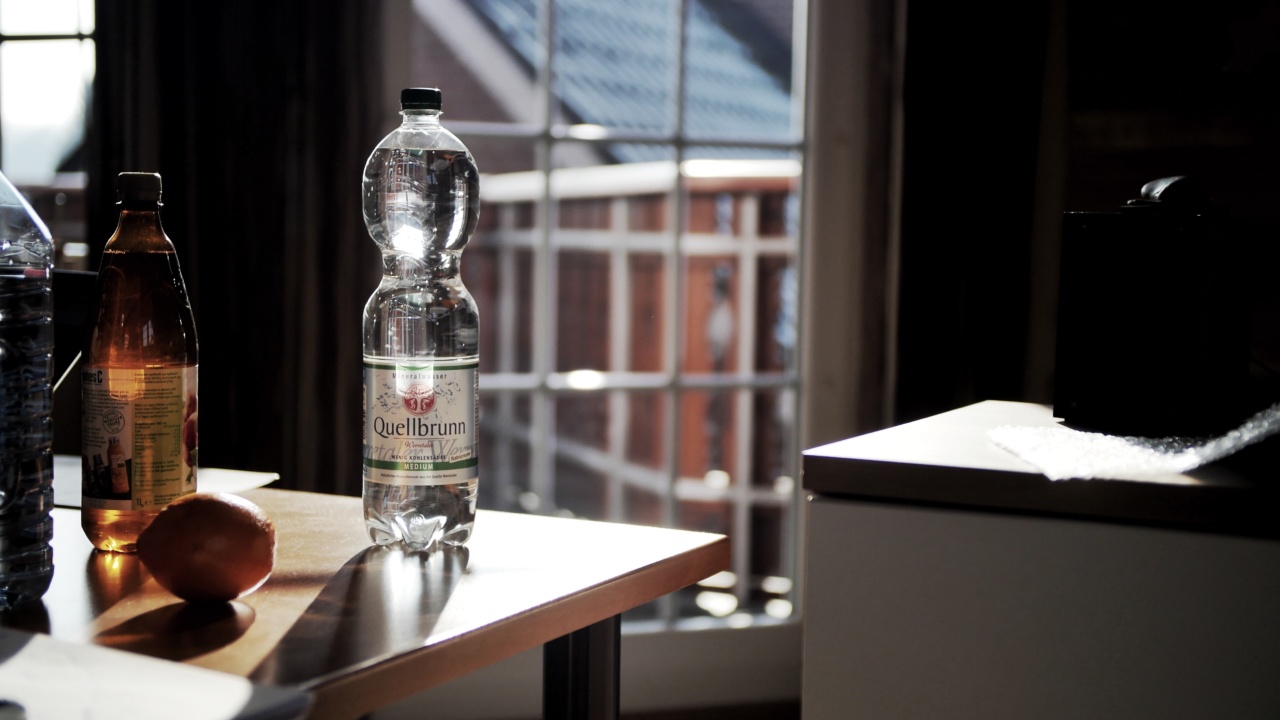Plastic water bottles have become extremely popular in recent years due to their convenience and portability.
However, many people are unaware of the potential risks associated with using plastic water bottles, particularly when they are exposed to the sun. In this article, we will discuss the reasons why it’s best to avoid sun-exposed plastic water bottles and explore alternative options for staying hydrated.
The Dangers of BPA
One of the most significant concerns surrounding sun-exposed plastic water bottles is the leaching of harmful chemicals, such as bisphenol A (BPA). BPA is a synthetic compound commonly found in many plastics, including those used for water bottles.
When exposed to sunlight, the heat can accelerate the release of BPA from the plastic into the water contained in the bottle. Studies have shown that BPA can mimic the hormone estrogen in the body, potentially leading to a range of health problems including hormonal imbalances, reproductive issues, and an increased risk of certain cancers.
Increased Risk of Bacterial Growth
Another reason to avoid sun-exposed plastic water bottles is the increased risk of bacterial growth. When water bottles are left in direct sunlight, the heat creates an ideal environment for bacteria to multiply.
This occurs because sunlight warms the water, providing a breeding ground for bacteria to thrive. Consuming water contaminated with bacteria can lead to various illnesses, including gastrointestinal infections, stomach cramps, and diarrhea.
Therefore, it is crucial to store water in a cool and shaded place to reduce the risk of bacterial contamination.
Breakdown of Plastic
In addition to the potential health risks associated with BPA and bacterial growth, sun-exposed plastic water bottles can also break down over time. Exposure to sunlight causes the plastic to degrade, leading to the release of microplastics.
These tiny particles can leach into the water and be consumed when the bottle is used. Once ingested, microplastics can accumulate in the body and have been linked to various negative effects on human health, including inflammation, organ damage, and hormonal disruptions.
Environmental Impact
Aside from the health concerns, sun-exposed plastic water bottles also have a significant environmental impact. Plastic is a non-biodegradable material, meaning it does not break down naturally over time.
When plastic bottles are not properly disposed of, they can end up in landfills or oceans, contributing to pollution and harming wildlife. By avoiding single-use plastic bottles and opting for reusable alternatives, we can help mitigate the adverse effects of plastic pollution on the environment.
Alternatives to Sun-Exposed Plastic Water Bottles
Now that we understand the risks associated with sun-exposed plastic water bottles, it’s important to explore alternative options for staying hydrated. Here are a few environmentally-friendly alternatives:.
Stainless Steel Water Bottles
Stainless steel water bottles are an excellent alternative to plastic bottles. They are durable, reusable, and do not leach harmful chemicals into the water.
Stainless steel bottles also have excellent insulation properties, keeping beverages cold or hot for extended periods. With a wide range of designs and sizes available, stainless steel water bottles are a stylish and eco-friendly choice.
Glass Water Bottles
Glass water bottles are another safe and sustainable option for carrying water. Glass is non-toxic, does not absorb odors or flavors, and is easy to clean.
While glass bottles may be slightly heavier than plastic, they are a fantastic choice for those who prioritize health and the environment. It’s essential to choose bottles with a protective silicone sleeve to prevent breakage.
Bamboo Water Bottles
Bamboo water bottles are an emerging eco-friendly choice. These bottles are made from natural and renewable bamboo, which is a highly sustainable material. Bamboo is light, durable, and biodegradable, making it an excellent alternative to plastic.
These bottles often come with a stainless steel interior for easy cleaning and added durability.
Conclusion
While plastic water bottles offer convenience and portability, it’s crucial to be aware of the potential risks associated with sun exposure.
From the leaching of harmful chemicals like BPA to the increased risk of bacterial growth and the environmental impact, there are compelling reasons to avoid sun-exposed plastic water bottles. Instead, consider sustainable alternatives like stainless steel, glass, or bamboo water bottles, which prioritize both your health and the wellbeing of the planet.































